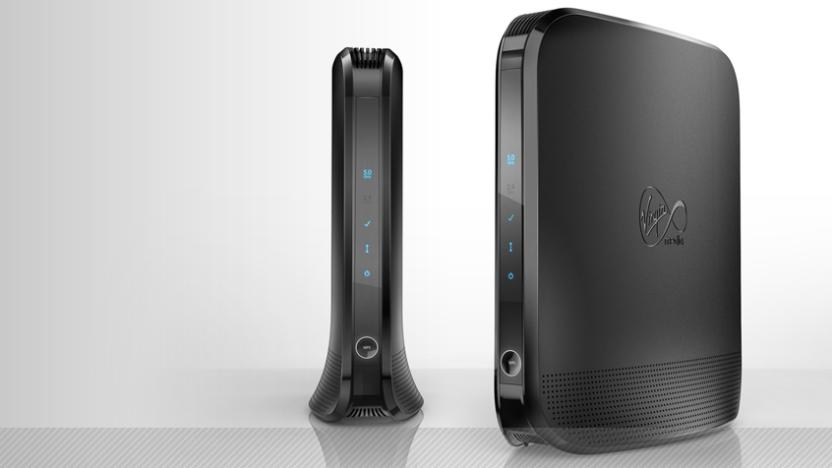which
Latest

Virgin Media: Change your Super Hub 2 password or risk being hacked
Typically, internet routers are designed to protect you and your devices from malicious third parties. But when many come with a default username and password, they can leave owners open to attack. That's the message consumer website Which? is pushing today, after it found that Virgin Media's Super Hub 2 routers can be hacked if users don't change the original credentials (normally printed on the back). Virgin Media says the risk is "small" but is urging over 800,000 customers to change the details to protect themselves.

Online ticket companies could soon face the music over expensive booking fees
Nothing beats going to watch your favourite singer or band play live. UK ticket companies know this, so they've been penalising by charging exorbitant booking and delivery fees for years. That practice could soon be brought firmly into the spotlight, however, thanks to consumer pressure group Which?. The Guardian reports that the charity has given online ticket companies until Wednesday to explain the reasons behind their high mark-ups, which, on average, add 18 percent to face-value ticket prices, or it'll refer the evidence it's been collecting on them to the UK's Competition and Markets Authority. It's highly likely the sellers will choose to remain silent in the face of criticism, but we may finally understand why these so-called fulfilment fees, transaction fees and service charges are appearing when we buy tickets online.

Watchdog group: Brain Age doesn't help
Another organization is blowing an imaginary whistle on Brain Age and other similar products designed to sharpen minds. Consumer group Which assembled a panel of three neuroscientists to test the ideas that brain training games improve memory and help prevent dementia. The panel found "weak" or no evidence to support the claims."There is no evidence that using this product will have any functional impact on your life whatsoever," Dr. Chris Bird, one of the scientists involved with the study, said. The panel concluded that "surfing the internet or chatting to friends" would have the same prefrontal cortex blood flow effect as doing DS-based math. Basically, it means that, in terms of brain activity, Brain Age seems to work about as well as any other mentally-stimulating pastime."If people enjoy using these games, then they should continue to do so -- that's a no-brainer," said Which's Martyn Hocking (perhaps with pun intended -- emphasis ours). "But if people are under the illusion that these devices are scientifically proven to keep their minds in shape, they need to think again" (Hocking is just full of puns, isn't he?).Nintendo responded, saying that it has never claimed scientific proof of Brain Age's effectiveness: "What we claim is the Brain Training series of games, like playing sudoku, are enjoyable and fun. These exercises can also help keep the brain sharp." It also helps your organization make the news!

